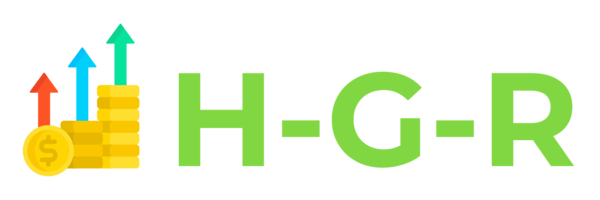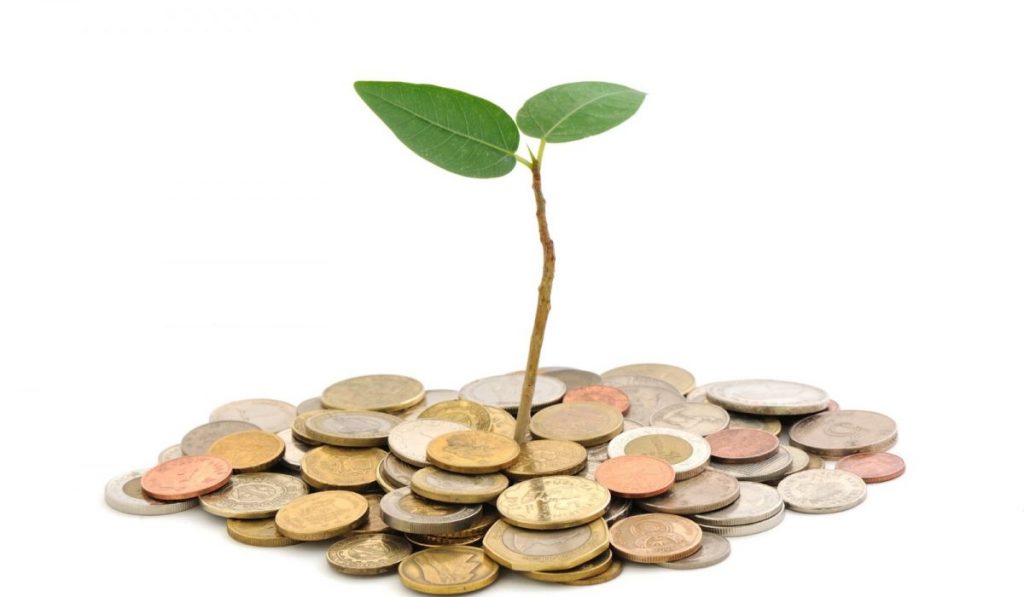In case you have a lot of debt as opposed to savings, it is likely that you are going to be confused on what to do first, saving or clearing the debt? If you have no savings it becomes difficult to handle emergencies, however, the longer you fail to clear your debt implies that you will have to pay even more interest.
Below are some crucial guidelines that Singaporeans can use in order to balance between these two things.
Paying Off Your Debt or Building Your Savings?
The reason as to why you might want to pay off your debt first is linked to interest. This is due to the fact the longer you keep your debt, the more interest you are going to pay the moneylender. However, it’s not a good idea to stay for so long without accumulating savings. This is due to the fact that, failure to save could lead you into the poverty cycle.
For instance, assume that you are so much eager to pay credit card debt. You make a payment of S$3,000 of your S$4,000 into rush repayment. This is going to leave you with only S$1,000 to survive on. What is going to happen in case in case an accident occurs or some kind of emergency happens, that costs you S$2,000?
The probability is that, you are going to again use your credit cards for these funds, which only leaves you more into debt. Failure to balance between saving & debt repayment is often going to lead you to circumstances where salary disappears just when you receive it (the whole of it will go into repaying your debt), however, your debt seems not to be cleared.
The good thing to do is balancing between these two, by having a look at your current situation. Have a look at the situation that is applicable for you:
Circumstance #1: You possess a debt that you can’t repay within 1 Year
In case you can’t repay the whole debt in a year, generally repaying your debt bit by bit is a good decision (admittedly having to pay more interest) as you still build up your savings. As a practical example, take for instance your housing loan: Imagine a situation where you owe a total of S$200,000 on a HDB flat. You have as of now managed to pile up savings worth S$15,000 as time goes by. Your interest rate for your mortgage is 2.6% per annum (this is actually low, since a mortgage always has the minimum interest for any debt).
You can try speeding up your loan repayment for your mortgage, by putting all S$15,000 immediately into the mortgage repayments. What can that leave you though?
Before hurrying onto repayment, your position currently is (S$200,000 in terms of debt – S$15,000 for repaying your debt) – S$185,000. In case you needed to put everything (S$15,000) into repaying your debt, your net position is going to be (S$185,000 in terms of debt – S$0 in terms of assets)…still it gets to– S$185,000.
Your net position will not change at all. The unique difference is that currently, you similarly do not have some savings to cater for any emergencies that might happen. This is the reason as to why most individuals do not like accelerating their home loan repayments.
It is possible to apply this concept to some other debts too. In case you can’t repay your debt as a whole, & you might take more than one year to repay it, then you require a balanced strategy. Set aside fifty per cent of your income monthly. For this amount too, put twenty per cent into savings, & the rest (thirty per cent) into repaying debts. For instance: in case your monthly income is S$4,000 after the taxes & CPF, you can put S$800 monthly into savings & S$1,200 into your debt repayment.
The exact ratio is going to differ depending on the amount that you owe & the rate of interest too; you should therefore liaise with a Financial Advisor in order to get more help. Nonetheless, remember that for those debts that can’t repay as soon as possible, you must maintain a savings strategy as you pay them off.
Circumstance #2: You possess a high-interest debt which you can’t repay within 1 Year
Debts with high rates of interest incorporate credit card debts. For such situations, you will require to reconfigure the debt obligations. Take some lower rate of interest to clear off your high interest debt, & later save as you pay off your cheaper loan. For instance:
Assume that you owe S$10,000 in form of credit card debt that has a 24% interest rate per annum. It is advisable to get a personal loan of about S$10,000 at an interest rate of 6% per annum, & use it to clear off your credit card debt. You can later continue saving as you clear off your personal loan, as described in Circumstance 1.
The best thing to do is getting a personal loan that has a very low rate of interest, and among the best that there is in the market currently is HSBC Personal Loan.
Circumstance #3: You can pay the whole debt within 6 months or even less than that
In case you can clear off your debt in a shorter period (6 months is the common guideline), it always makes a lot of sense to clear the debt prior to saving. To be precise, most banks are going to offer some balance transfers that are interest-free for a maximum of 6 months that makes it quite viable.
However, in case you select this route, you should be disciplined & clear off your debt the soonest possible. Similarly, you are required to consider your situations. In case there is a possibility of an urgent need for cash in the future, you can still decide to save & clear off your debt slowly.

